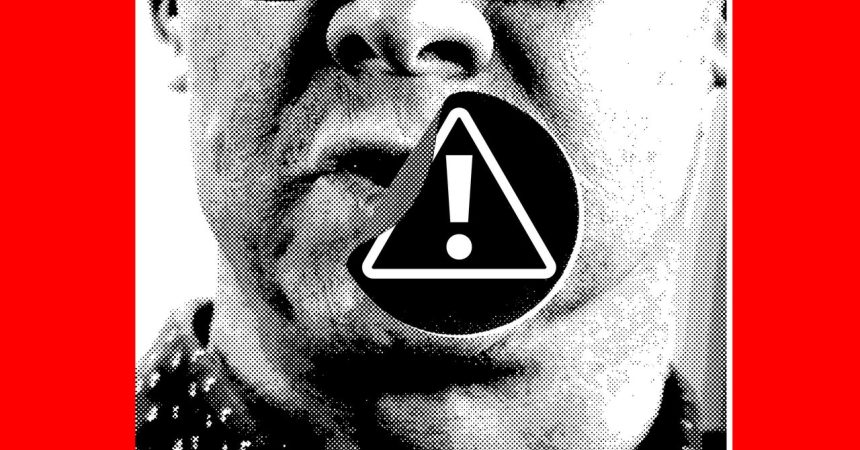The landscape of social media moderation is in constant flux, with platforms grappling to balance free speech with the need to curb harmful content. Recent events highlight the complexities and inconsistencies within these moderation systems, raising concerns about censorship, bias, and the potential for increased harassment. Meta’s recent restriction of LGBTQ+ hashtags as “sensitive content” underscores the fallibility of these systems and their potential to marginalize communities. Simultaneously, TikTok’s shift towards AI-driven moderation, following layoffs of human moderators, raises questions about the efficacy and ethical implications of automating such crucial processes. The inherent biases in algorithms and their susceptibility to manipulation pose significant challenges to ensuring fair and impartial content moderation.
The shift toward prioritizing political influence over content moderation is also evident in Meta’s decision to rescind policies barring hateful speech. This move, initiated by Mark Zuckerberg, signals a potential trend among social media platforms to prioritize political expediency over fostering safe online spaces. This prioritization raises serious concerns about the potential for increased harassment, misinformation, and the erosion of trust in these platforms. Furthermore, the precedent set by Elon Musk’s dismantling of trust and safety measures at X (formerly Twitter) has emboldened other platforms to consider similar actions, potentially creating a domino effect that undermines online safety across the board. YouTube’s noncommittal stance on its fact-checking and policy changes suggests a willingness to consider similar relaxations, further amplifying the potential for a widespread decline in content moderation standards.
While Meta seems to be moving away from rigorous fact-checking and content moderation, TikTok’s parent company, Bytedance, appears to maintain its commitment to these practices. This divergence in approach highlights the differing philosophies and priorities of these tech giants, with Bytedance seemingly prioritizing accuracy and content safety over political maneuvering. This commitment, however, is contingent on TikTok’s continued operation within the US. With the Supreme Court set to hear arguments regarding the government’s attempted ban of the app, the future of TikTok, and its approach to moderation, hangs in the balance. The outcome of this case will have far-reaching implications for the online safety of millions of users who rely on the platform as a perceived safer space compared to alternatives.
The potential disappearance of TikTok from the US market raises critical questions about user migration and the impact on other platforms. If TikTok is banned, its users will likely seek alternative platforms, potentially exacerbating existing issues on those platforms. The influx of users onto platforms like Instagram Reels, which already struggles with harassment, could amplify the existing problems and further strain already inadequate moderation systems. Additionally, the potential for a mass exodus from Meta’s platforms, fueled by concerns about relaxed content moderation and increased harassment, could reshape the social media landscape dramatically.
The current climate of uncertainty and shifting priorities within the social media landscape necessitates a critical examination of user habits and expectations. Users are increasingly faced with difficult choices regarding which platforms to utilize, balancing the desire for connection and community with the need for safety and respectful online environments. The potential for increased harassment, misinformation, and the erosion of trust necessitates a proactive approach from users in safeguarding their online experience. Evaluating personal boundaries, diversifying platform usage, and engaging in critical consumption of information are crucial steps in navigating this evolving digital terrain.
Ultimately, the future of online safety hinges on a multifaceted approach. Platforms must prioritize robust and equitable content moderation systems, resisting the temptation to prioritize political gain over user safety. Users must be empowered with tools and resources to navigate the online world safely and effectively, fostering a culture of critical thinking and responsible online behavior. Open dialogues and ongoing discussions regarding the challenges and potential solutions are essential in shaping a digital future that promotes both free expression and online safety. The decisions made by platforms, policymakers, and individual users in the coming months will have a profound impact on the future of online discourse and the overall health of the digital landscape.



